We've gone Pink to help fight Breast Cancer.
Use code "BREAST" and we'll Donate $50 to National Breast Cancer Foundation
Main Menu
Petsy Breed Pages
The world’s most comprehensive information on the ...
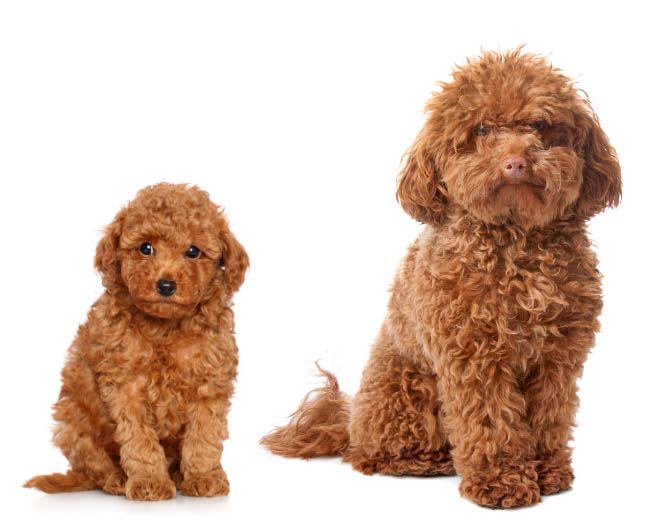
$1500.00 - $5000.00
Caniche, Barbone, Chien Canne, Teacup Poodle, French Poodle, Pudle, Teddy Poodle
Extra small
Non-Sporting Group
Medium
Extra high
Extra high
14 to 16 years

Would you like to know what it would cost to insure an Toy Poodle? Find out by getting a free quote, with petsy pet insurance.





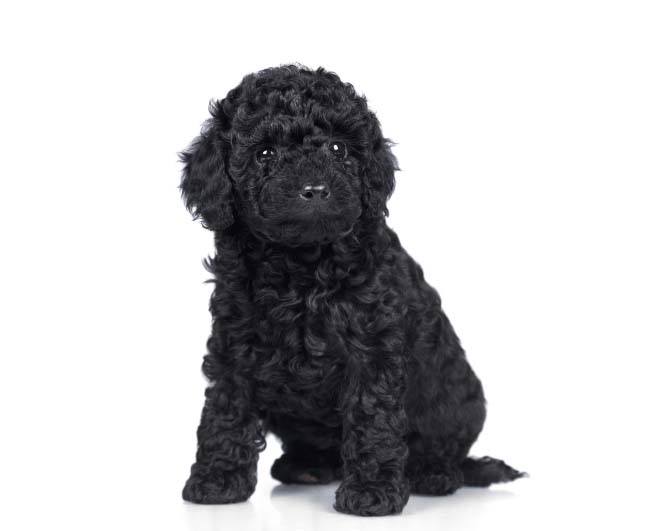
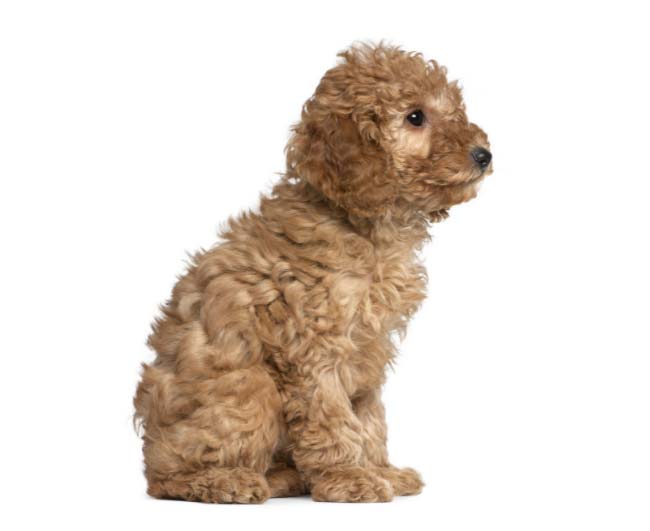

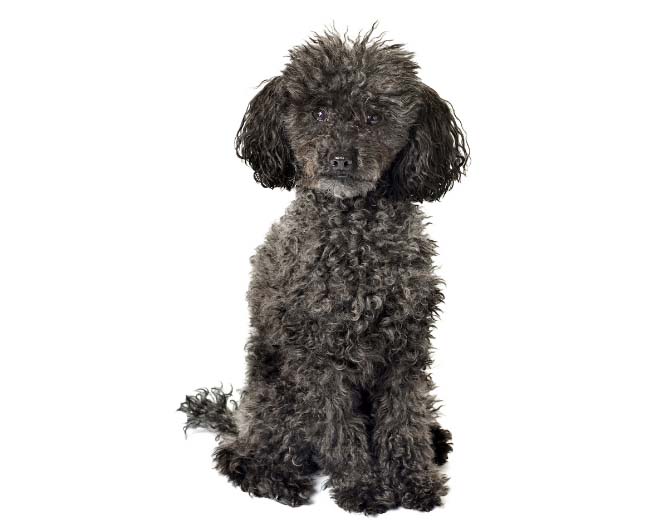
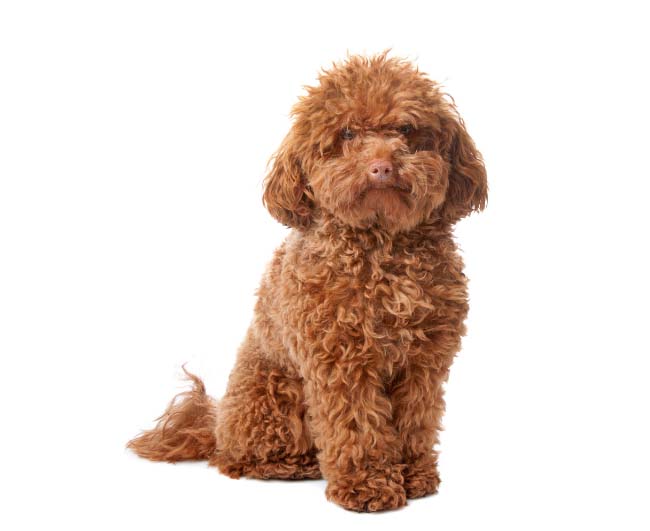
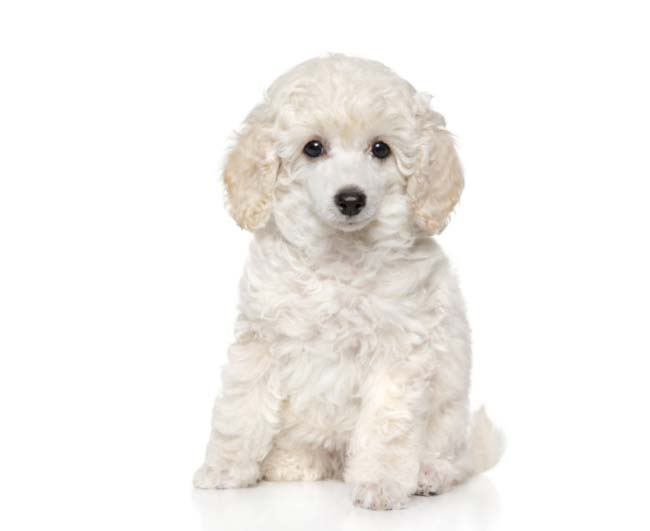

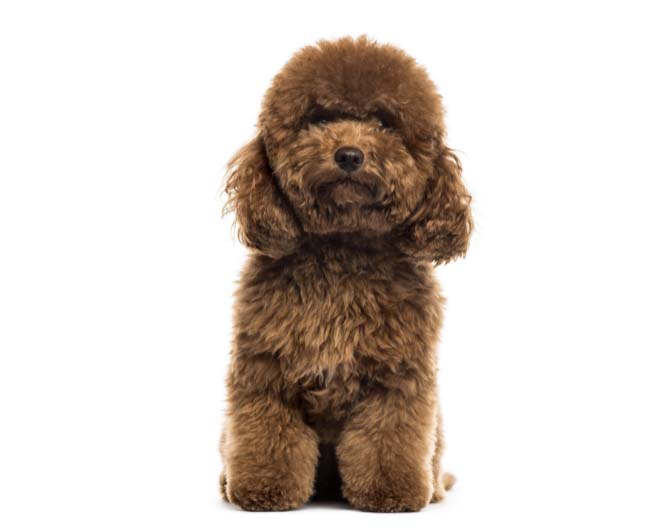
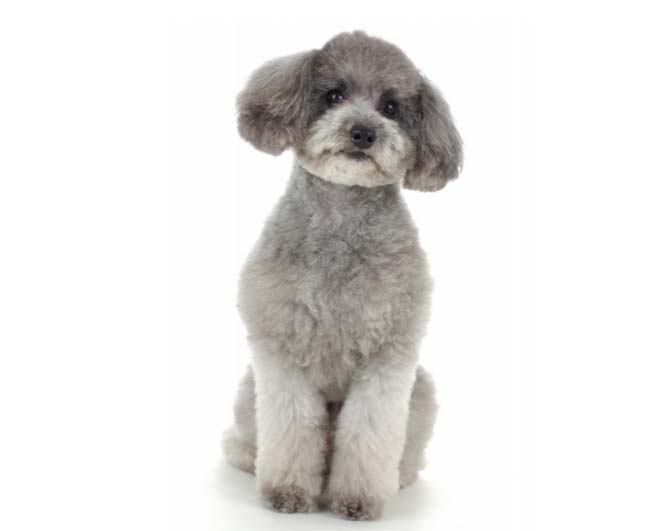
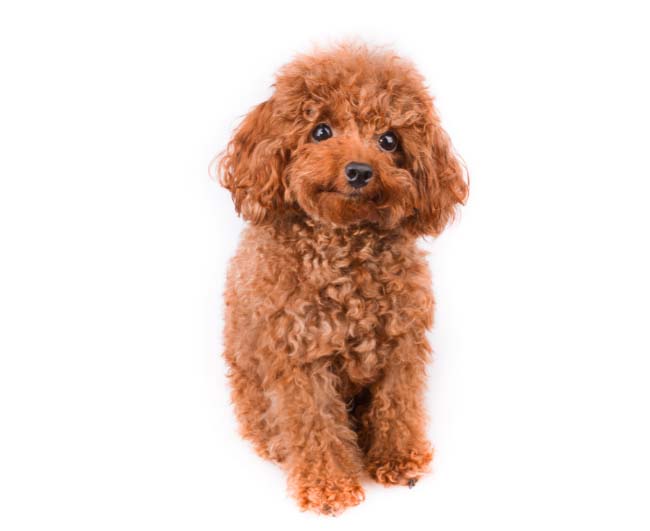

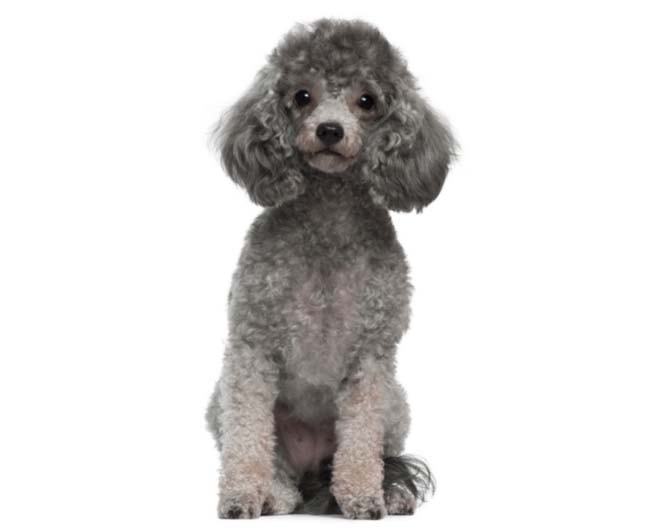
Toy Poodle come in a variety of colours, including Apricot, Black, Blue, Red, White, Red, Brown, Light Silver, Red, Red, Silver.


How much do
Toy Poodle eat?
0.50 to 1.50 cups of food a day

How much
exercise do they need?
20 to 40 Mins

Are they kid friendly? They are friendly and affectionate towards children

Do they need a lot of space? Suitable for small spaces as long as they have enough entertainment
Patellar Luxation
Legg-Perthes Disease
Hip Dysplasia
Heart murmurs
Toy Poodles do well with two meals per day of 2/3 ? 1 1/2 cups of high-quality food. Treats can be an important aid in training, but giving too many can cause obesity.
Fresh and clean water should always be made available at all times. Monitor their weight to prevent them from being overweight, so it is best not to leave them food throughout the day. Check with your vet for your concerns about their diet.
Toy Poodle has a coat that relatively sheds minimally. This makes them suitable for dog owners who have sensitivity to fur. Brushing them once a week with a rubber grooming mitt or tool or a de-shedding glove will help remove dead hair and maintain its appearance. It also helps to keep their plush coat healthy.
Keeping them clean and neat does not take so much effort. Begin accustoming them to being brushed and examined when they are still puppy. Handle their paws frequently ? dogs are touchy about their feet ? and look inside their mouth.
Trim their nails once or twice a month if your dog doesn't wear them down naturally to prevent painful tears and other problems. Their ears should be checked weekly for redness or a bad odour, which can indicate an infection. Your careful weekly exam will help you spot potential health problems early.
Toy Poodles have moderate to high energy levels that require at least 30 to 60 minutes of exercise per day to stay healthy and avoid boredom. These dogs are full of energy and require long walks and lots of playtime. They are full of energy and enthusiasm, and they are always up for an adventure. Exercise keeps them entertained while also keeping them fit and trim.
Veterinary care is essential to a dog's health and well-being, however, the frequency of treatment and checkups will depend on the dog. Scheduled six-monthly health check visits with your vet are important to ensure they are healthy and happy throughout all life stages.
Routine maintenance for your dog gives you a chance to track your dog's growth and development, discuss any concerns with your vet, and form a key part of preventative care.
Toy Poodles make excellent family pets. They are well-known for their affection for family members and can be a good playmate for children. They enjoy playing with children, but interactions with toddlers and younger children should be closely monitored. Early exposure and socialization with children will help teach them how to behave in their presence.
Toy Poodles are highly intelligent and easy to train. They are graceful and agile, and intelligent. They love and enjoy a variety of canine sports, such as agility, obedience, and tracking.
Using positive reinforcements and methods to make sure you don't overwhelm them is recommended. You may also use treats to motivate them to give you a better response.
Toy Poodles get along well with other domestic pets. They have not been reported to be aggressive toward other dogs. Some dogs can be aggressive toward other dogs of the same sex, but proper training can teach them not to chase or snap at smaller household pets and to behave appropriately.
Here are some of the breeders who we work with as part of our breeder awareness program.
They are invested in ensuring the longevity of the breed and that new owner become responsible Affenpinchers owners.
Affenpinchers who are friends of Petsy





Enter your email in the form below and we will send you the full report as a pdf directly to your inbox.
Don’t worry, we hate spam too – read our privacy policy
Find the right level of insurance for your needs our customised quote takes less than a few minutes to complete.
Toy Poodles do well with two meals per day of 2/3 ? 1 1/2 cups of high-quality food. Treats can be an important aid in training, but giving too many can cause obesity.
Fresh and clean water should always be made available at all times. Monitor their weight to prevent them from being overweight, so it is best not to leave them food throughout the day. Check with your vet for your concerns about their diet.
Toy Poodles have moderate to high energy levels that require at least 30 to 60 minutes of exercise per day to stay healthy and avoid boredom. These dogs are full of energy and require long walks and lots of playtime. They are full of energy and enthusiasm, and they are always up for an adventure. Exercise keeps them entertained while also keeping them fit and trim.
Toy Poodles make excellent family pets. They are well-known for their affection for family members and can be a good playmate for children. They enjoy playing with children, but interactions with toddlers and younger children should be closely monitored. Early exposure and socialization with children will help teach them how to behave in their presence.
Toy Poodles get along well with other domestic pets. They have not been reported to be aggressive toward other dogs. Some dogs can be aggressive toward other dogs of the same sex, but proper training can teach them not to chase or snap at smaller household pets and to behave appropriately.
Suite 58, Mezzanine/388 George St, Sydney NSW 2000
Petsy Pty Ltd (ABN 54 633 343 058, AR 1277359) (‘Petsy’) distributes and promotes Petsy Pet Protection Plus (formally Petsy Pet Insurance), Petsy Puppy Protection Plus and Petsy Kitten Protection Plus as an authorised representative of Knose Financial Services Pty Ltd (ABN 38 620 795 735, AFSL 536651) trading as ThePetInsuranceCompany.com.au (‘ThePetInsuranceCompany.com.au’). ThePetInsuranceCompany.com.au is an underwriting agency acting under a binding authority as an agent for the insurer; Pacific International Insurance Pty Limited (ABN 83 169 311 193) (‘Pacific) in relation to Petsy Puppy Protection Plus and Petsy Kitten Protection Plus policies and Petsy Pet Protection Plus policies from 01 March 2023 or have an anniversary renewal date from 18 March 2023, and the Australia branch of Allied World Assurance Company, Ltd (ABN 54 163 304 907) (‘Allied World’) in relation to Petsy Pet Insurance policies purchased between 17 February 2022 and 28 February 2023 (inclusive) or renewed between 01 March 2023 and 17 March 2023 (inclusive). In all aspects of arranging this product, Petsy and ThePetInsuranceCompany.com.au act as an agent of Pacific/Allied World (as the case may be) and not as your agent. Any advice contained in this email is general advice only and has been prepared without taking into account individual objectives, financial situation or needs and you should consider the appropriateness of any such advice, the Product Disclosure Statement (‘PDS’) and the Target Market Determination (‘TMD’) available via http://www.petsy.com.au or by calling 1300 952 790 before making a decision to acquire, or to continue to hold, the product. Terms, conditions, limits and exclusions apply. Please refer to the PDS.
© Copyright 2024 Petsy Pet Insurance
During the application process You will be provided with the option to include Optional Extra Benefits that cover certain conditions and Treatments which are not otherwise covered under the Policy.
The Optional Extra Benefits are:
Alternative Therapies, Behavioural Problems, and Dental Illness.
Examples of Alternative Therapies: Acupuncture, physiotherapy, hydrotherapy
Examples of Behavioural Problems: Excessive licking, fur pulling, pacing and destructive
chewing.
Examples of Dental Illnesses: Dental diseases, gingivitis, periodontal disease.